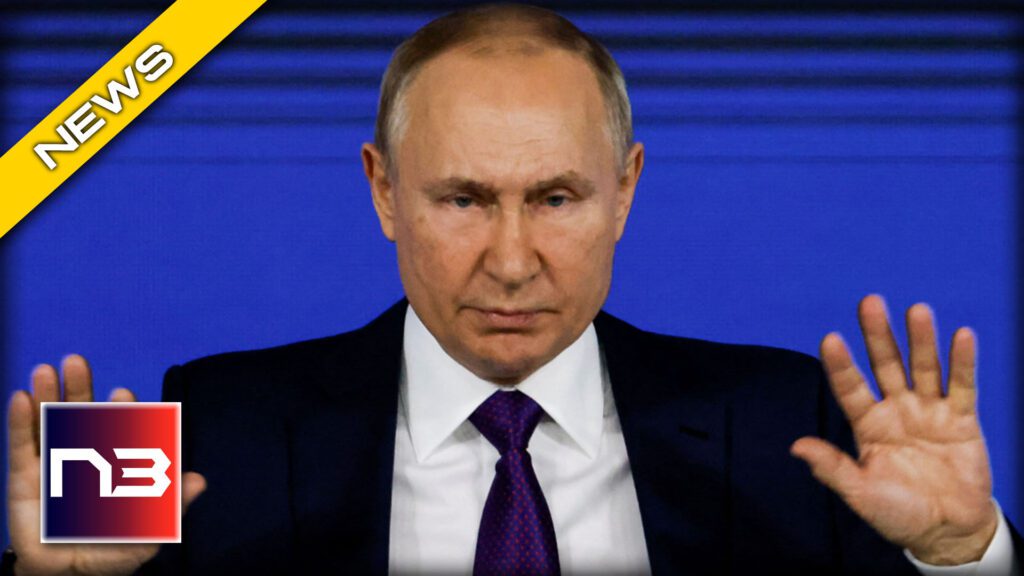Russian President Vladimir Putin has made waves around the world with his recent decision to strategically ban Russian oil exports to several countries. With this move, he sends a clear message to the world. This news will certainly spark economic concern among countries affected by this move.
Vladimir Putin has taken a bold step to deter the limitations of price caps. By banning Russian oil exports to any countries involved in policies that include price caps, with this move, Putin has not only directly affected the flow of oil but also sent a powerful message to all global markets and governments. It should be interesting if this bold move costs him or benefits him. Will countries being targeted change their policies or will they go elsewhere?
Reuter reports, On Tuesday, Russian President Vladimir Putin delivered Russia’s long-awaited response to a Western oil price cap, signing a decree banning the supply of crude oil and oil products to countries that adhere to the cap from Feb. 1.
Euro News explained exactly what this means and how it could affect western countries.
In response to Moscow’s “special military operation” in Ukraine, the Group of Seven major powers, the European Union, and Australia agreed to a $60 per barrel price cap on Russian seaborne crude oil from Dec. 5.
According to the decree, which was posted on the Kremlin website and on a government portal, the decree was a direct response to “actions that are unfriendly and contradictory to international law by the United States and foreign states and international organizations joining them”.
A price cap, unseen even during the Cold War between the West and the Soviet Union, aims to cripple Russian state coffers and Moscow’s military efforts in Ukraine.
According to some analysts, Moscow’s oil revenues will not immediately be affected.
The Russian Finance Minister warned on Tuesday that Russia’s budget deficit could exceed 2% of GDP in 2023. This is because the oil price cap squeezes export income, an additional fiscal hurdle as Moscow spends heavily on its military campaign in Ukraine.
According to Voice of American, Russia being the world’s second-largest oil exporter after Saudi Arabia, said, “the cap will not affect its military campaign in Ukraine and expressed confidence it will find new buyers for its oil products.” This came after the countries agreed on the price cap.
It is difficult to ascertain the motive of the western country in agreeing to the oil price cap. While it could be argued that they did so out of perceived necessity to combat Russia, one has to question the logic behind not going straight to the number one exporter instead. Could it be political leverage? Ultimately, as of right now, only time can tell what their next move will be with these western leaders. Hopefully, whatever decision they make is both expedient and effective, as any disruption could cause a great deal of energy problems world wide.
Let’s continue this conversation, in the comments below.



